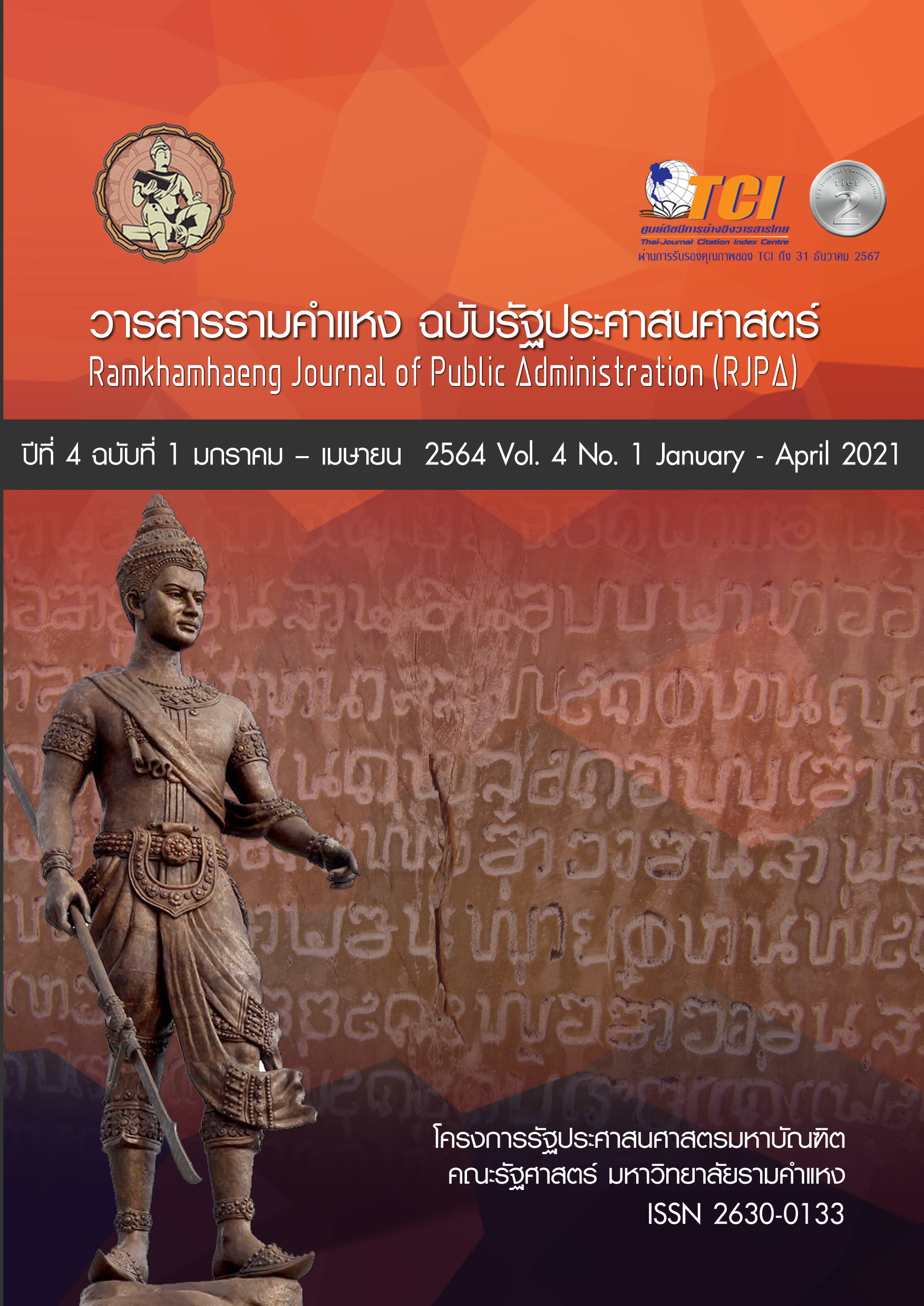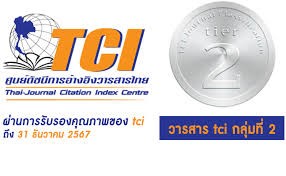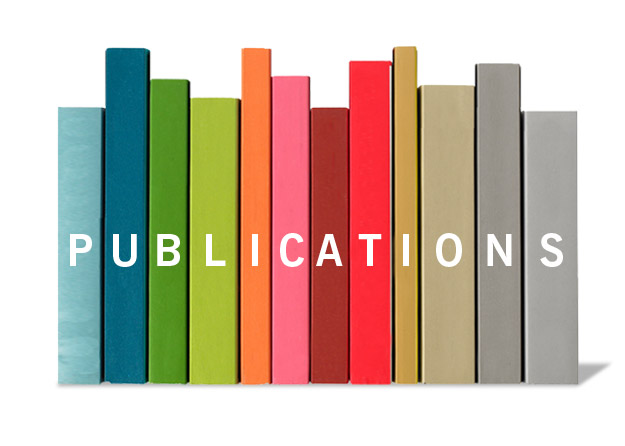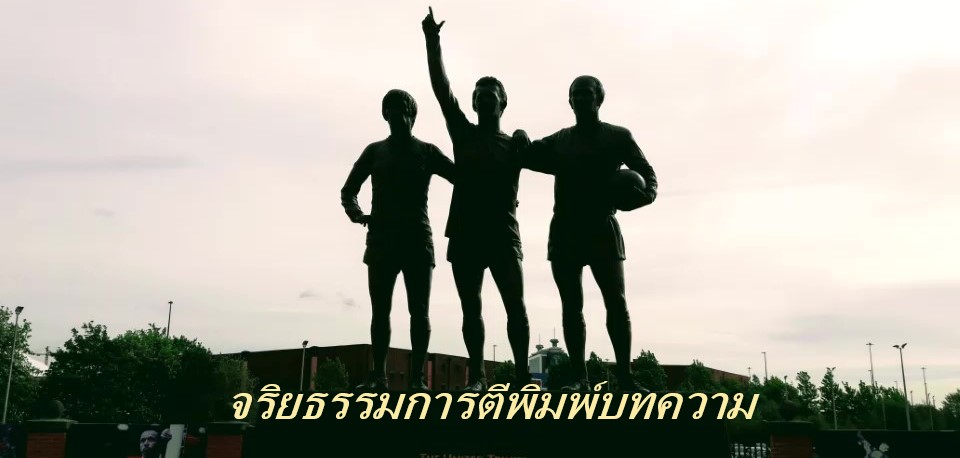แนวคิดพุทธราชาในงานเรื่องปูมราชธรรม (Buddhist kingship concepts in Pumrachtham)
Abstract
บทคัดย่อ
บทความชิ้นนี้มีจุดมุ่งหมายเพื่อศึกษาค้นคว้าเกี่ยวกับแนวคิด “พุทธราชา” ใน “ปูมราชธรรม” ซึ่งสันนิษฐานว่าเขียนขึ้นในรัชสมัยสมเด็จพระนารายณ์ (ค.ศ. 1656-1688) กรอบการวิจัยในการศึกษาครั้งนี้ใช้แนวทางต่าง ๆ ในสาขาปรัชญาการเมือง อาทิ การวิเคราะห์และตีความ (hermeneutic) และตัวบท (text) การศึกษาประวัติศาสตร์ความคิดทางการเมือง (history of political thought) และวงศาวิทยา (genealogy) ผลการศึกษาแสดงให้เห็นว่า 1) แนวคิดพุทธราชาได้รับอิทธิพลจากสภาพแวดล้อมทางการเมืองในรัชสมัยสมเด็จพระนารายณ์และจากคำสอนของศาสนาพุทธและศาสนาพราหมณ์ 2) ลักษณะที่สำคัญห้าประการของพุทธราชา ได้แก่ คติพระจักรพรรดิราช พระโพธิสัตว์ เทพเจ้าพราหมณ์เจ็ดพระองค์ อำนาจธรรม และอำนาจปกครอง 3) องค์ประกอบทั้งห้าประการนี้อธิบายถึงความชอบธรรมของผู้ปกครองและเสนอว่าควรจะสร้างดุลระหว่าง “พระคุณ” (ซึ่งคืออำนาจธรรม) กับ “พระเดช” (ซึ่งคืออำนาจปกครอง) อย่างไร แม้ว่าปูมราชธรรมจะแนะนำว่าอำนาจธรรมควรจะนำหน้าอำนาจปกครองเพื่อความอยู่เย็นเป็นสุขของราษฎร
Abstract
The aim of this study is to identify the concepts of “Buddharacha” (Buddhist kingship) in Pumrachtham which was assumed to be written during King Narai’s reign, (1656-1688). A conceptual framework in this study which is based on approaches in the field of political philosophy comprises hermeneutic and text, history of political thoughts, and genealogy. Results of the study show that 1) the Buddhist kingship concepts are influenced by political environment during King Narai’s era and the teachings of Buddhism and Brahmanism; 2) five significant characteristics of Buddhist kingship are Cakkavatti (world-king or a universal monarch), Bodhisattva, seven Brahman deities; Dhamma power; and the ruling power; 3) these five components explain the legitimacy of the rulers and prescribe how to balance good conducts (which is Dhamma power) with coercive mechanism (which is the ruling power), although Pumrachtham prefers the leading role of Dhamma power for the happiness of the ruled.




 Publication Policy (นโยบายการตีพิมพ์บทความ)
Publication Policy (นโยบายการตีพิมพ์บทความ) Publication Ethics (จริยธรรมการตีพิมพ์บทความ)
Publication Ethics (จริยธรรมการตีพิมพ์บทความ)